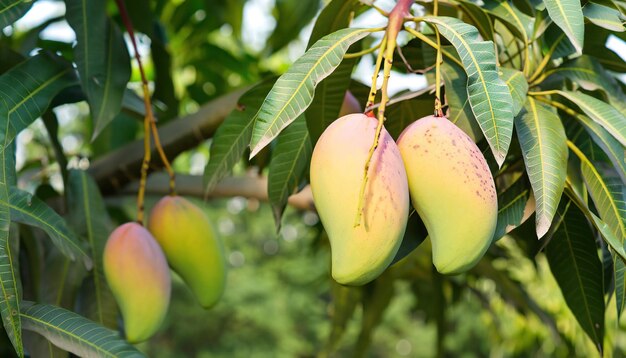Zambia’s agricultural sector plays a vital role in the economy, providing employment, food security, and opportunities for export. With its diverse climate and fertile soil, Zambia is well-suited for cultivating a variety of crops. Here’s a look at ten of the most profitable crops to grow in Zambia, considering market demand, profitability, and growth conditions.
1. Maize
As Zambia’s staple food crop, maize is a critical component of the national diet and the primary crop for many farmers. With a reliable market and the potential for high yields, maize cultivation can be highly profitable. The government also supports maize production through subsidies and strategic pricing, making it a safe investment for farmers.
2. Soybeans
Soybeans have gained popularity in Zambia due to their high protein content and versatility in cooking and livestock feed. The demand for soybeans is increasing, both locally and internationally, making it a lucrative crop. Additionally, soybeans contribute to soil health through nitrogen fixation, making them an excellent rotational crop.
3. Sunflowers
Sunflowers are not only beautiful but also profitable. The seeds are processed into cooking oil, which is in high demand in Zambia. Sunflowers can thrive in various soil types and are relatively drought-resistant, making them a suitable choice for many regions. Farmers can also benefit from selling sunflower meal as animal feed after oil extraction.
4. Groundnuts (Peanuts)
Groundnuts are a popular cash crop in Zambia, providing income for many smallholder farmers. They are highly nutritious and can be consumed in various forms, including peanut butter and snacks. The growing demand for groundnuts both locally and for export makes them a profitable choice.
5. Tobacco
Zambia is one of Africa’s leading tobacco producers, and this crop can yield significant profits for farmers. Despite the challenges associated with tobacco farming, including stringent regulations and health concerns, the high market value can result in substantial returns. Farmers should, however, ensure they comply with local regulations and practices.
6. Cassava
Cassava is a drought-resistant tuber that serves as a staple food in many Zambian households. Its versatility allows it to be processed into flour, starch, or even animal feed. With growing interest in cassava-based products, including gluten-free options, this crop can provide a steady income stream for farmers.
7. Sweet Potatoes
Sweet potatoes are nutritious and in high demand due to their health benefits. They can be grown in a variety of soils and climates, making them an adaptable crop. The export potential for sweet potatoes is also increasing, especially with the global trend towards healthy eating.
8. Sugarcane
Zambia has favorable conditions for sugarcane cultivation, and the sugar industry is a significant contributor to the economy. Sugarcane can yield high profits, especially for large-scale farmers who can take advantage of economies of scale. With the growing demand for biofuels, the potential for sugarcane as a renewable energy source is also being explored.
9. Chili Peppers
Chili peppers are becoming increasingly popular both locally and internationally, particularly in the spice market. They require relatively low input costs and can yield high returns. The growing trend for organic farming also boosts the profitability of chili pepper production.
10. Fruits (Mangoes and Pineapples)
Fruits such as mangoes and pineapples have substantial market demand, both fresh and processed. With the right conditions and care, these crops can be quite profitable. Exporting tropical fruits is also a viable option, especially to international markets where they fetch higher prices.
Zambia offers immense potential for profitable crop production, thanks to its favorable climate and rich soils. Farmers willing to invest time and resources into modern agricultural practices, market research, and sustainable methods can achieve significant financial returns. By choosing the right crops to cultivate, Zambian farmers can contribute to their livelihoods and the overall economic growth of the country.






